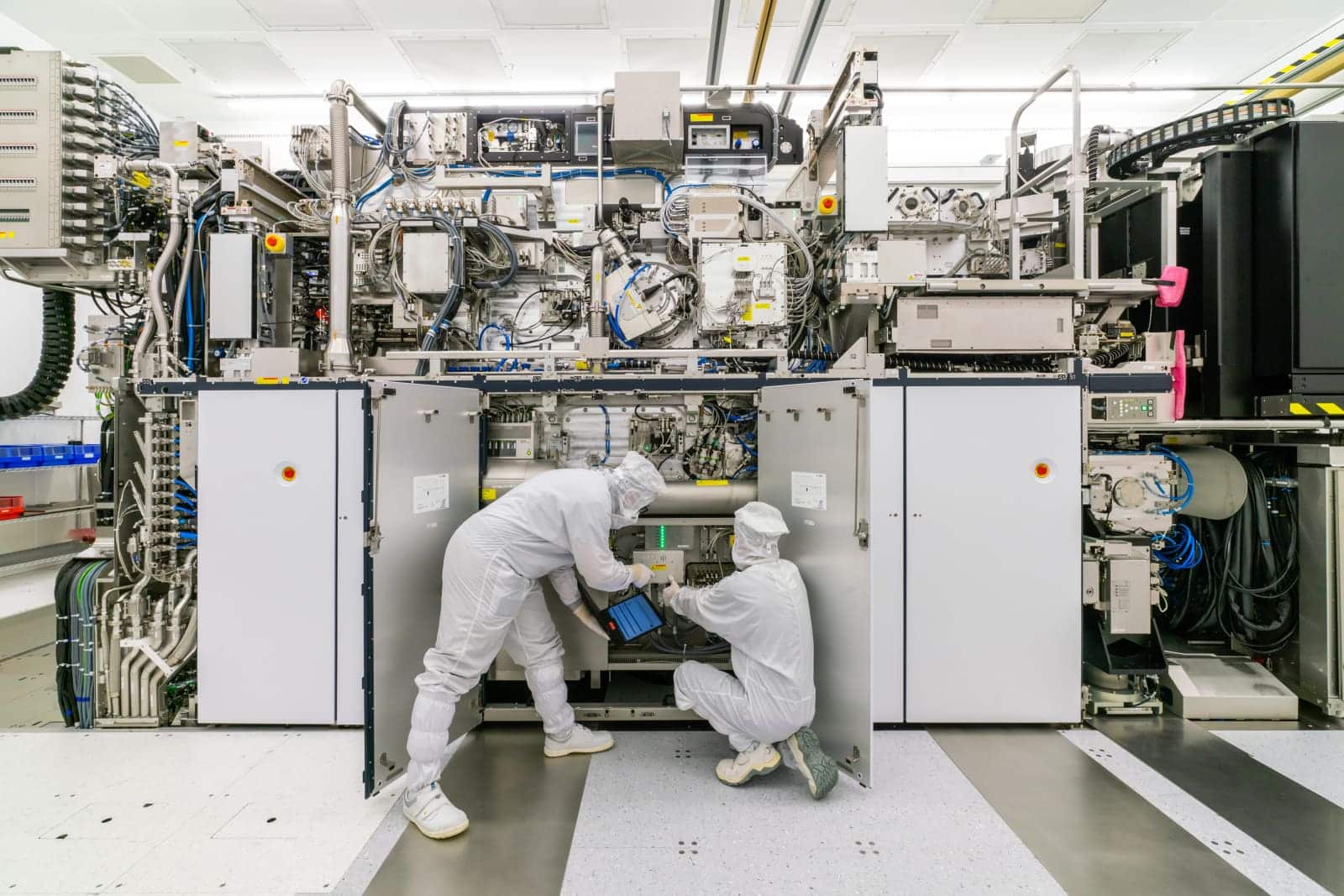In a significant step for research and development in the field of semiconductors, ASML and the Eindhoven University of Technology (TU/e) have signed an agreement to substantially expand their collaboration over the next ten years. This agreement envisions conducting joint research and training more doctoral students in areas such as plasma physics, mechatronics, optics, and artificial intelligence, based on common roadmaps.
As part of this close collaboration, nearly a hundred doctoral students will conduct research on topics relevant to the chip industry over the next decade. This agreement represents a mutual benefit: on one hand, it provides new knowledge and technologies that contribute to solutions for society and the economic capacity of the Netherlands; on the other hand, it trains doctoral students to become the specialists that the semiconductor industry urgently needs.
Additionally, ASML will financially contribute to the construction of a new cleanroom building that TU/e plans to build. This laboratory will be a state-of-the-art facility focusing on research, education, and startups in the field of semiconductors, and will be larger and more modern than the existing cleanroom at TU/e, which it will replace.
ASML will invest a total of 80 million euros in this collaboration over the next ten years. TU/e will also make a significant investment in semiconductors, with a planned investment of over one hundred million euros for the cleanroom building and the hiring of many doctoral students. Furthermore, the parties will engage other companies and institutions in the region and beyond to increase the impact of this collaboration.
ASML’s Chief Financial Officer highlighted the importance of this agreement: “We are expanding our long-term collaboration with TU/e. TU/e is a key talent provider in the region and an important academic partner. The collaboration will increase the availability of PhDs, which our industry urgently needs, and provide scientific knowledge relevant to the chip industry and society. With this agreement, we are investing in science in the Netherlands and in the training of experts.”
The Chairman of TU/e’s Executive Board expressed his pride in this collaboration: “We are proud to give a massive boost to the solid collaboration we have had for decades. Together, we will invest in expanding Brainport’s position as the Netherlands’ most important semiconductor hub. This development once again demonstrates TU/e’s outstanding strength in terms of collaboration with the industry and our central position in Brainport.”
The collaboration between ASML and TU/e is aligned with the goals of Project Beethoven, which seeks to further strengthen the Brainport region and the Netherlands in the field of semiconductors, in order to create solutions for society and future economic capacity. Beethoven focuses on strengthening relevant education and scientific research.
With its newly launched Future Chips initiative, TU/e places additional emphasis on semiconductors. The university has been conducting cutting-edge international research in various areas of chip technology for over fifty years, with over 700 researchers from 25 research groups currently working on semiconductors, and this number is expected to grow significantly.
Source: ASML Press Release

